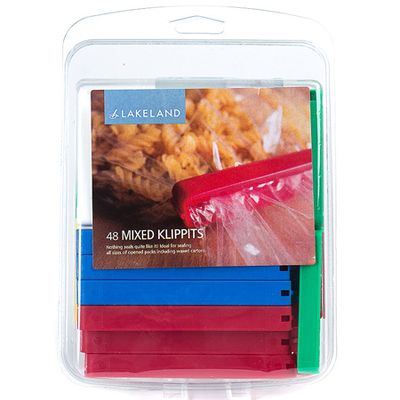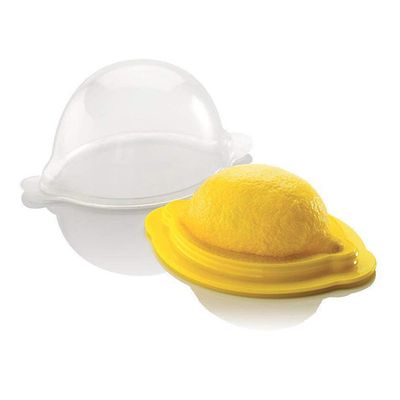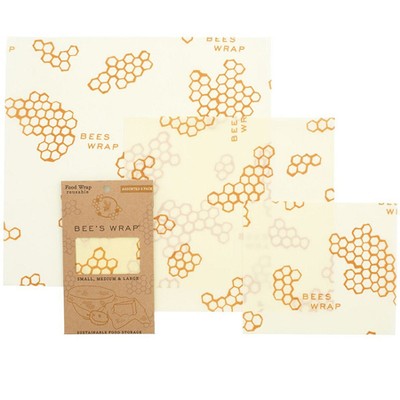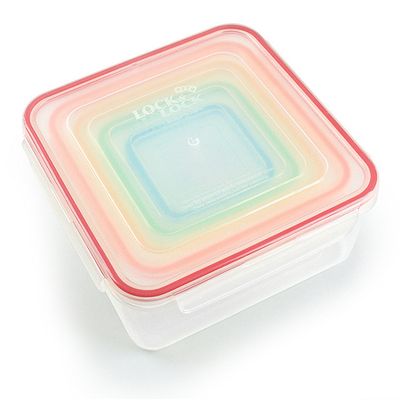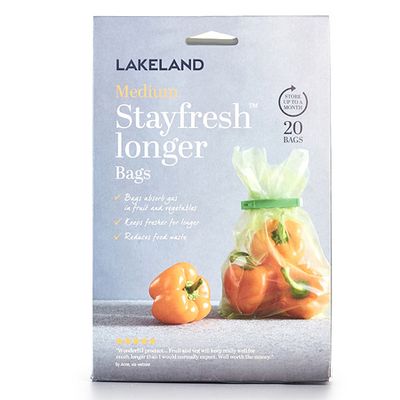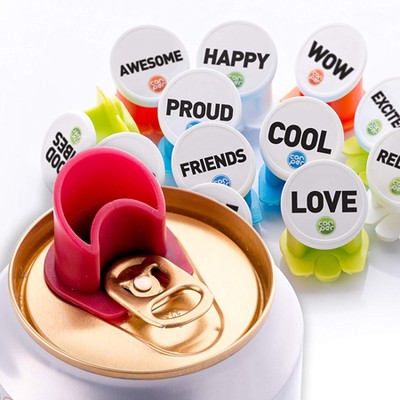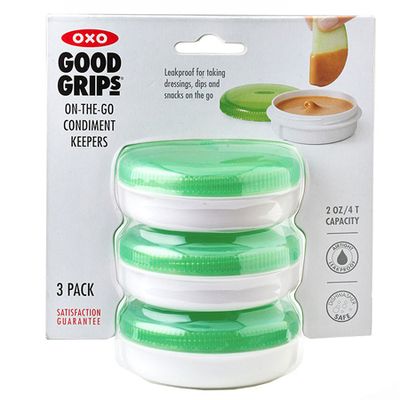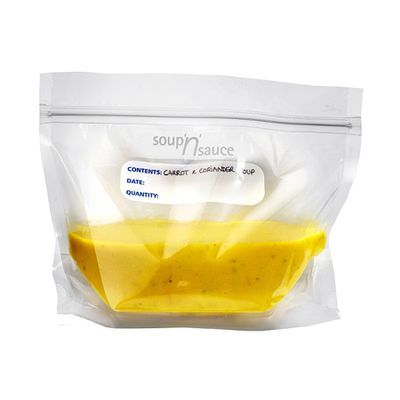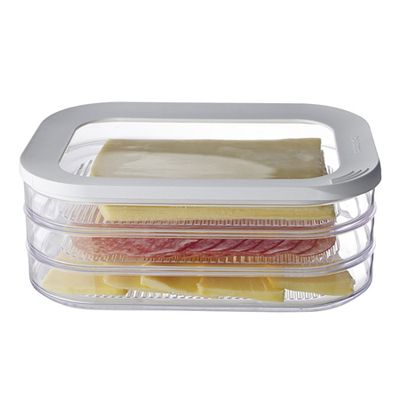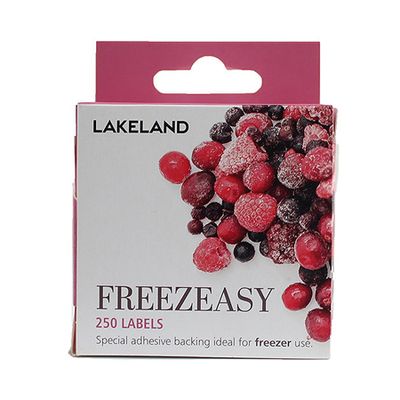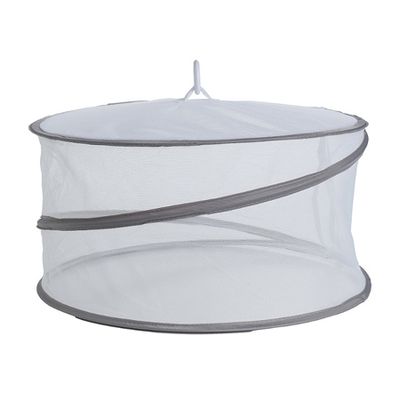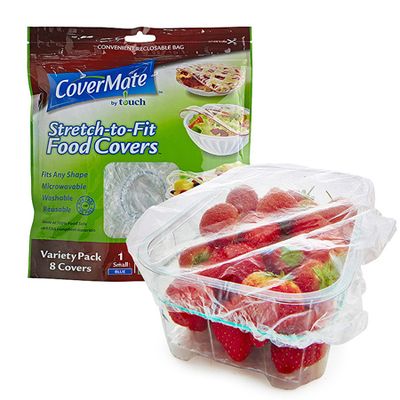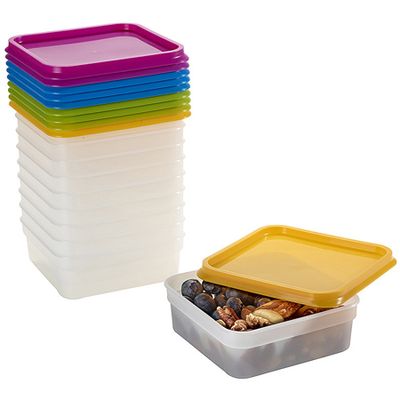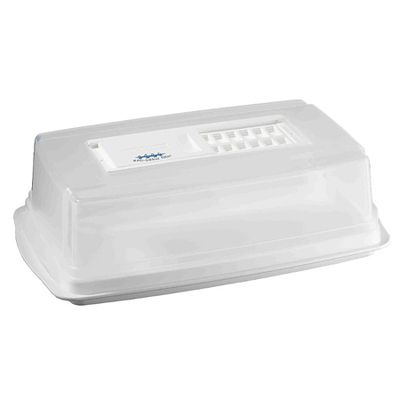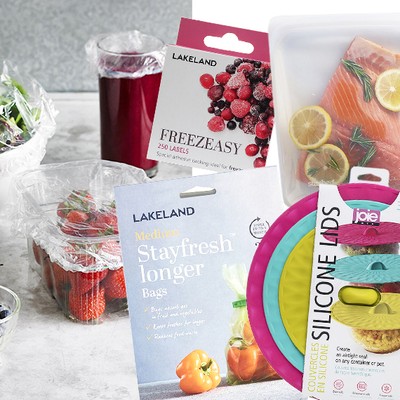
How To Store Leftovers Safely
What's The Difference Between ‘Use By’ And ‘Best Before’?
Shopping in advance means food will date, so knowing what can be saved and what should be thrown away is a good starting point. According to the Food Standard Agency, a 'use by' date on food is always about safety. Foods can be eaten until the use by date but not after. You'll see use by dates on food that goes off quickly, such as meat or ready-to-eat salads. After that, don't eat it, cook it or freeze it. The food could be unsafe, even if it’s been stored correctly and looks and smells fine. Meanwhile, 'best before' dates are about quality, not safety. The food will be safe to eat after this date but may not taste its best.
Where To Put What?
Fresh, raw and cooked (but cooled to room temperature) foods should be stored in the fridge or freezer. For leftovers you plan to use over the next few days, keep them in the fridge. If it’s going to be any longer, keep them in the freezer so you don’t waste it by chucking it after a day or two.
Ideally, refrigerate and freeze leftovers within two hours of cooking, in an airtight, shallow container. Refrigerate fresh produce within two hours of peeling or cutting and discard cooked vegetables after three to four days. Meat should be stored in the coldest part of the fridge, while raw meat, poultry and seafood should go on the bottom shelf so juices don’t drip.
How Long To Keep It?
Generally speaking, leftovers and cooked food can be stored in the fridge for three days. If it contains ‘fresh’ ingredients such as cream or fish, they will be at their best on the day you prepare them or the day after, no longer. Use fresh, raw meat within three to four days, and deli meat within four days. Use or freeze poultry products by the use by date; frozen poultry can be kept for nine months to a year in a freezer. Eat or freeze cooked meat within free to four days. Seafood should be refrigerated or frozen immediately after purchasing. Wrap fresh seafood in cellophane or place in air-tight containers. Store frozen seafood in a freezer until ready to use and keep it in the original moisture and vapour-proof packages.
Finally, A Word On Cheese...
Always double-wrap your cheese, ideally in baking parchment or waxed paper (or clingfilm for very soft, creamy cheeses), and put it in a plastic container lined with a dampened kitchen towel or J-cloth. Store it on the top of the fridge where the temperature is the most consistent. According to Patricia Michelson of La Fromagerie in London, you can put two sugar cubes in with the cheese, then seal and refrigerate. The sugar helps regulate the atmosphere inside the box, keeping the cheese fresher for longer. Cheese producer Alex James also told us that it’s important not to get your cheese out more than an hour before serving and to pop in back in the fridge quickly. If you refrigerate a runny cheese, it will never taste the same again.
Here's what you need to get the most out of your leftovers…
DISCLAIMER: We endeavour to always credit the correct original source of every image we use. If you think a credit may be incorrect, please contact us at info@sheerluxe.com.
